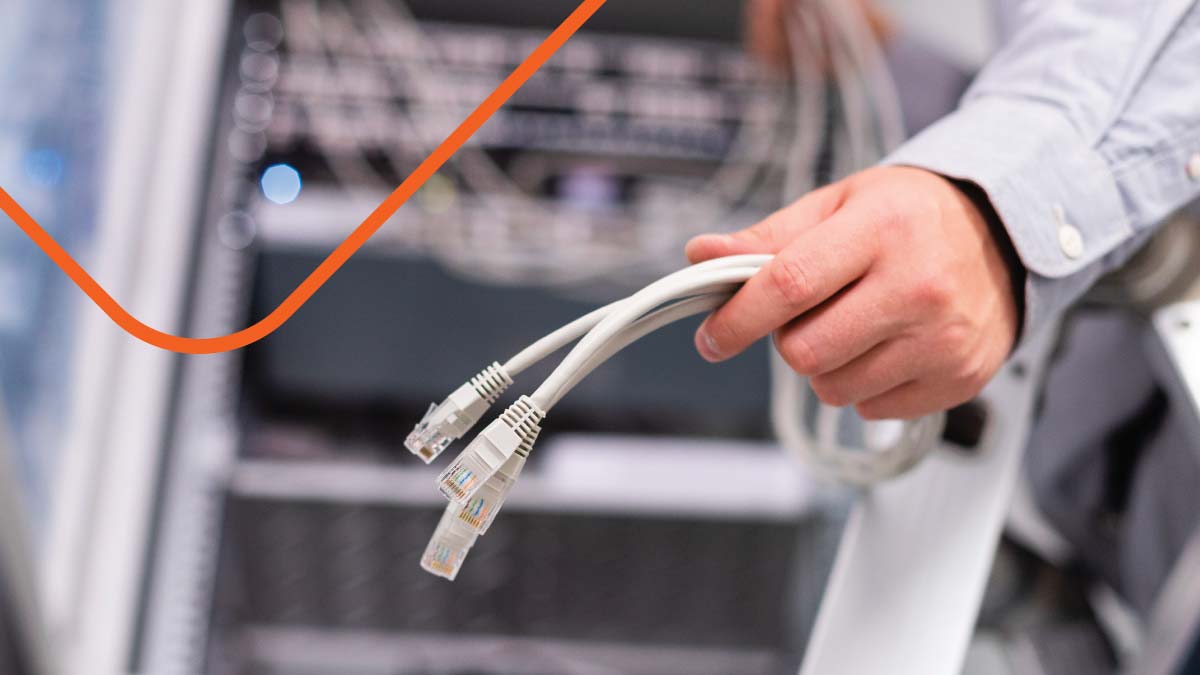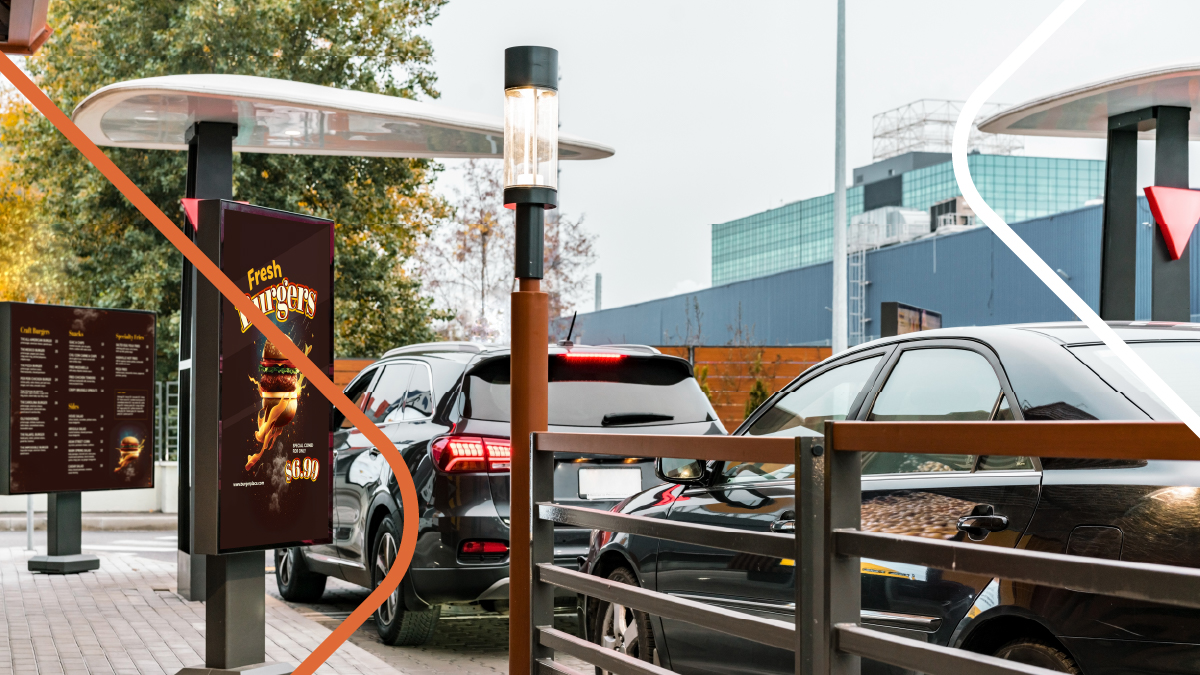
Tech trends have a massive impact on field service companies and the types of projects they’ll need to be prepared to take on. One recent trend to keep an eye out for is Power over Ethernet (PoE). According to a report from SNS Insider, the market for PoE will grow at a compound annual growth rate of 12.6% from 2023 to 2030 and reach $2.24 billion by 2030. From enhancing energy efficiency to improving flexibility and scalability, PoE offers unbeatable benefits that will make it a trend that’s here to stay. In this blog, we’ll explore how PoE affects companies across industries and what this booming demand means for field service companies.
What is PoE, and why is it growing?
PoE is a technology that uses Ethernet cables to simultaneously transmit data and electrical power. With PoE, devices receive power and network connectivity through a single Ethernet cable, eliminating the need for multiple cables and power cords. PoE is especially helpful for companies that rely on multiple connected devices or are located in an area with minimal access to traditional power sources.
In addition to simplifying the installation process and reducing cable clutter, PoE offers several additional benefits:
- Remote connectivity
PoE enables remote connectivity for devices like IP cameras, even in areas with limited access to electrical outlets.
- Scalability
PoE networks can support multiple compatible devices without additional complex electrical work. This makes certain components, such as digital signage, easier to manage.
- Energy efficiency
By eliminating the number of necessary cords and cables, PoE systems make it easier to conserve power. Devices can be easily turned off when not in use, saving companies money and energy.
With these benefits, expect to see more companies implementing PoE with their existing systems.
How the demand for PoE impacts field services
As more devices, such as security cameras, access points, and IoT devices, rely on PoE for power and data connectivity, field service companies will be called upon to install, configure, and maintain these devices. The shift clients are making toward PoE will generate a need for field service leaders with the right expertise. To meet this demand, field service companies will need to ensure they have a team of trained technicians ready to take on these requests.
Skills needed for PoE servicing
Technicians should know the technical aspects of PoE, such as voltage requirements, cable management, and device compatibility. Because PoE is often used in conjunction with other technologies, such as network infrastructure, security systems, and building automation, technicians may also need to have a broader skill set to seamlessly integrate these technologies with PoE.
Because PoE is integrated with network infrastructures, technicians should be well-versed in networking principles, such as IP addressing, subnetting, and network protocols. Knowing how to manage these systems will ensure a successful integration. Additionally, with PoE integrations, technicians will be required to know electrical code and regulations relevant to PoE installations.
Fortunately, despite the need for current skills and knowledge, PoE installation is expected to be simpler, as it requires less wiring and fewer separate power cables. Technicians should still arrive at projects with troubleshooting knowledge and be prepared to diagnose and resolve PoE-related issues.
Find techs with PoE experience on Field Nation
Driven by the demand for IoT connectivity, energy efficiency, and simplified solutions, Power over Ethernet is making waves across industries and is sure to impact field service providers. Select and source skilled and experienced PoE techs using Field Nation— the #1 labor marketplace for IT field service. Click here to get started.






